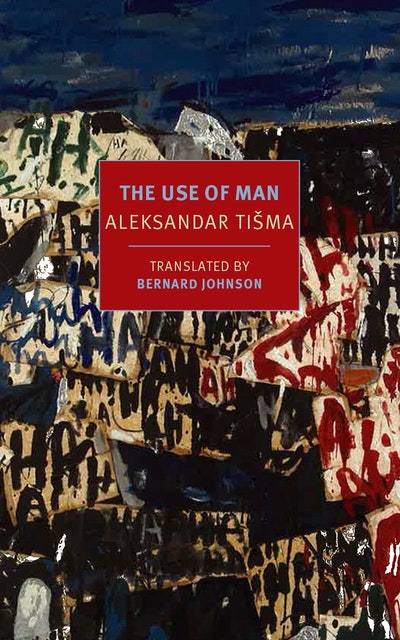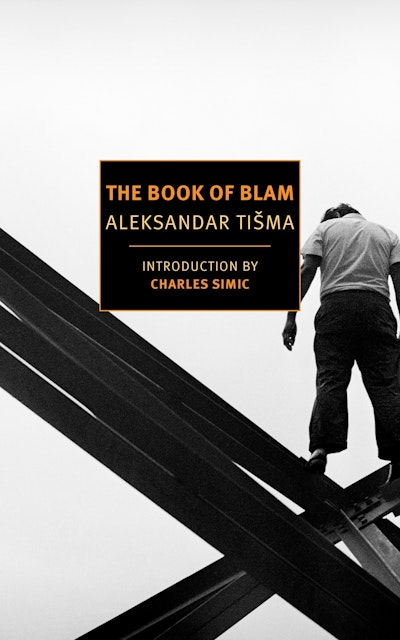- Published: 15 November 2014
- ISBN: 9781590177266
- Imprint: NY Review Books
- Format: Paperback
- Pages: 368
- RRP: $45.00
The Use of Man
- Published: 15 November 2014
- ISBN: 9781590177266
- Imprint: NY Review Books
- Format: Paperback
- Pages: 368
- RRP: $45.00
"Tišma's The Use of Man is a stunning book. I have seldom read anything that authentically conveys the feel of that nightmare--the war, the Holocaust, the brutal aftermath, and the almost equally brutal dreariness of a provincial town frozen in time, caught between Mitteleuropa and the Balkans. The angle of vision--call it compassionate detachment--accounts for some of the impact, but the most impressive achievement is the range of characters. Understated, they all come to life, or to death-in-life, on their own terms." --Ernst Pawel
"The novel is tough, terse, with episodes that will turn your stomach; yet, because it is written in a style of luminous detachment, it becomes hauntingly poetic and even humorous in its bitter ironies. It is a novel whose power is on a scale normally associated with our favorite (dead) authors. Whether you like what he's got to say or not, the world will not look quite the same after you've read this book." --Toronto Star
"The remarkable trio [The Use of Man is the first] make up a Balkan bible presided over by an ironic vision of the imagination, capable of envisioning utter barbarity but not the expiation for sins, dwelling on delusions of paranoia rather than traditional community." --Bill Marx, The Boston Globe
"Aleksandar Tišma may appear to be writing yet another novel dealing with the Second World War devastation of Europe. He is not. It is an amazingly fresh and profoundly wise piece of writing.... He brings the reticence of the scalpel to an examination of the nature of violence. He probes with clarity and detachment the secret areas of the human psyche where motives for violence are born.... With The Use of Man, Tišma has created a seminal work of post-war fiction, and Bernard Johnson, in translating it, has produced not only an exemplary rendering from Serbo-Croatian, but something of a classic in English." --Branko Gorjup, Ottawa Citizen




